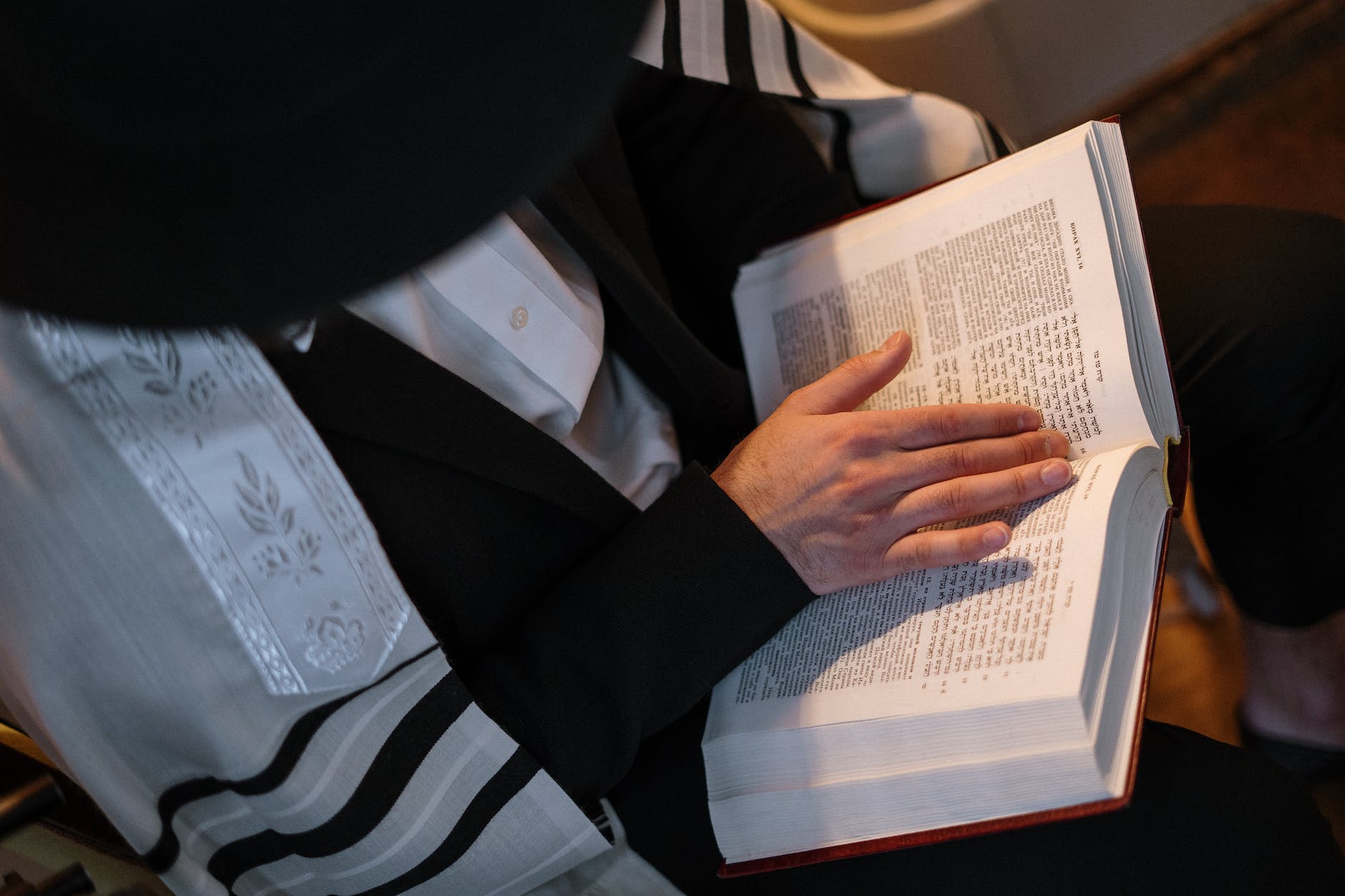Judaism is a complex religion with many different aspects. While it has some clear rituals, like observing the Sabbath and fasting on Yom Kippur, there are also many intricate details that take time to understand. Praying is one of the most important elements of Judaism and learning how to pray correctly is essential to becoming a practicing Jew. Praying correctly isn’t always easy, but by following Rabbi Samuel Waldman’s guide you’ll be praying with the correct posture, intonation, and phrasing in no time. Keeping up with the Hebrew alphabet can be tricky for new learners, so we have included some helpful pronunciation guides at different points in this article. Read on for more information about Jewish prayer and how to pray as a Jew.

Morning blessings
Rabbi Samuel Waldman indicates that there are several blessings that are recited at the beginning of every prayer service. These are called the “Sh”acharit” and are usually said while standing. The first blessing touches on God’s universal rule and dominion. The second blessing expresses gratitude to God for leading the Jewish people out of slavery and guiding them to freedom. The third blessing asks God to send His light into the world, illuminating both Jews and gentiles so that they can find the proper path in life. The final blessing thanks God for the Temple and Jerusalem, and recognizes that the Jewish people are not currently in control of those places.
Evening prayers
Rabbi Samuel Waldman, who has written a book on the importance of prayer, indicates that during the evening, there are two prayers that are recited: the “Minchah”, which is said before the beginning of the Sabbath, and the “Ma’ariv”, which is said at the end of the Sabbath. In these prayers, many of the same themes from the morning prayers are revisited. For example, at the beginning of the Sabbath, many Jews say the “Kiddush”, which is a blessing that thanks God for sanctifying the day and making it holy. At the end of the Sabbath, Jews say “Al ha-shuvah”, which is a passage that celebrates God lifting the Sabbath restrictions so that people can go about their daily lives again.
Sabbath prayers
As part of the Sabbath service, Jews say “Kiddush”, which is a blessing that sanctifies the Sabbath. During the Sabbath, Jews also recite the “Havdalah”, which is a blessing that marks the end of the Sabbath. Rabbi Samuel Waldman indicates that the Sabbath prayers are often recited in the Shabbat Shalalat shacharit, which is a shortened version of the morning service.
Festival prayers
Jewish holidays are a time for joy and celebration, so of course there are special prayers dedicated to each occasion. Rosh Hashanah and Yom Kippur are two important holidays in the Jewish calendar, and there are special prayers for each of these days. Rabbi Samuel Waldman shares that on Rosh Hashanah, Jews read from the Book of Jonah, which tells the story of God’s mercy and forgiveness, and on Yom Kippur, Jews read from the Book of Leviticus, which contains the laws of atonement.
Conclusion
It’s important to remember that while Judaism has many clear rituals and traditions, the religion is also very flexible. Just as each person is unique and has different needs, so does each community of Jews. The prayers and blessings listed in this article by Rabbi Samuel Waldman – who has a wide career in religious education, are a guide to the basics of Jewish prayer, but don’t be surprised if your rabbi has a different way of going about it. The most important thing about prayer is feeling connected to God. If you’re following the right format, you are likely praying as a Jew, but if you’re not feeling it, then it doesn’t matter if you’re doing it “wrong”.